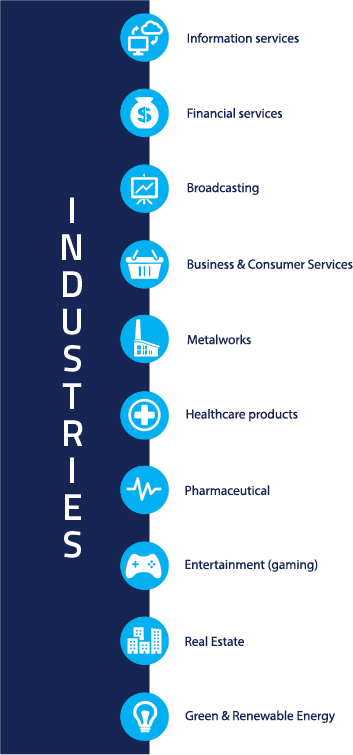Every company is unique and has different resources, so business valuation requires an individual approach and a detailed analysis of the valuation's purpose.
We have extensive experience valuing shares in mature and start-up companies in various industries, using the following research methods: accounting, comparative, and discounted cash flow (DCF).
Among the most popular and frequently used methods are: Discounted Cash Flow (DCF) method, Comparative method and Option Pricing Method.
The Discounted Cash Flow (DCF) method is the basic method used in the capital market. It estimates the value derived from the company's ability to generate free cash available to investors and lenders.
The Comparative Method of valuing a company involves comparing the value of the company with existing valuations of companies with a similar business profile. The peer group consists of listed public companies. Market multiples are used for the valuation, such as
The Option Pricing Method (OPM), according to the International Private Equity and Venture Capital Valuation Guidelines, is a forward-looking method that considers the current value of the equity and then allocates that value to the different classes of equity based on a continuous distribution of outcomes, rather than focusing on various future scenarios.
The valuation process is based on the experience of our specialists. We carry out valuations of SMEs and large companies in various sectors.
